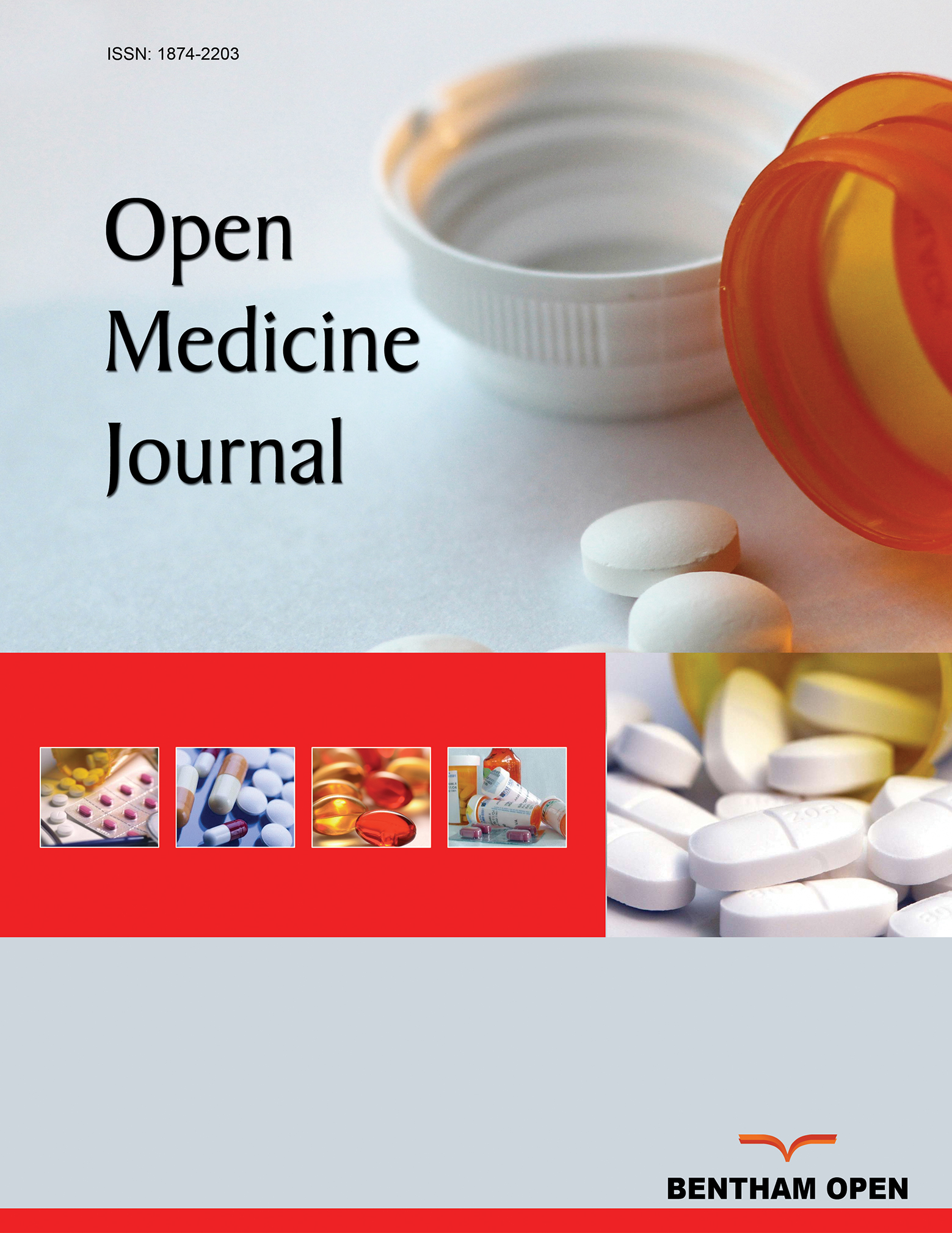All published articles of this journal are available on ScienceDirect.
Model of Allocating Public Financial Resources to Brazilian Hospital Organizations that Provide Highly Complex Health Care Services
Abstract
The general objective of this paper was to propose a model of allocating public financial resources to Brazilian hospital organizations that provide highly complex health care services on behalf of the Brazilian Unified Health System (SUS). The main theoretical background was built on Carr-Hill et al. [1] Focusing on the highly complex health care services provided by the hospitals, the study underscored factors such as supply (or productivity and accessibility/availability of services/beds), demand (or need for health care), use (or utilization/consumption of services/beds), and complexity segmentation of the service in Brazil. The sample comprised 251 organizations offering at least type-II adult and type-II newborn Intensive Care Units in 23 Brazilian states and classified as general and/or specialized hospitals. The Carr-Hill et al. [1] model was adapted to propose a simplified theoretical model of supply that could represent the relationship between the variables included in the final equation of the model, namely: mean inpatient cost, availability of basic health care services, bed occupancy rate, organization type, and organization nature. The results pointed out that the significant determinants empirically confirm the arguments that are rejected by sanitarians in the theoretical field – that the model of resource allocation is based on productivity.


